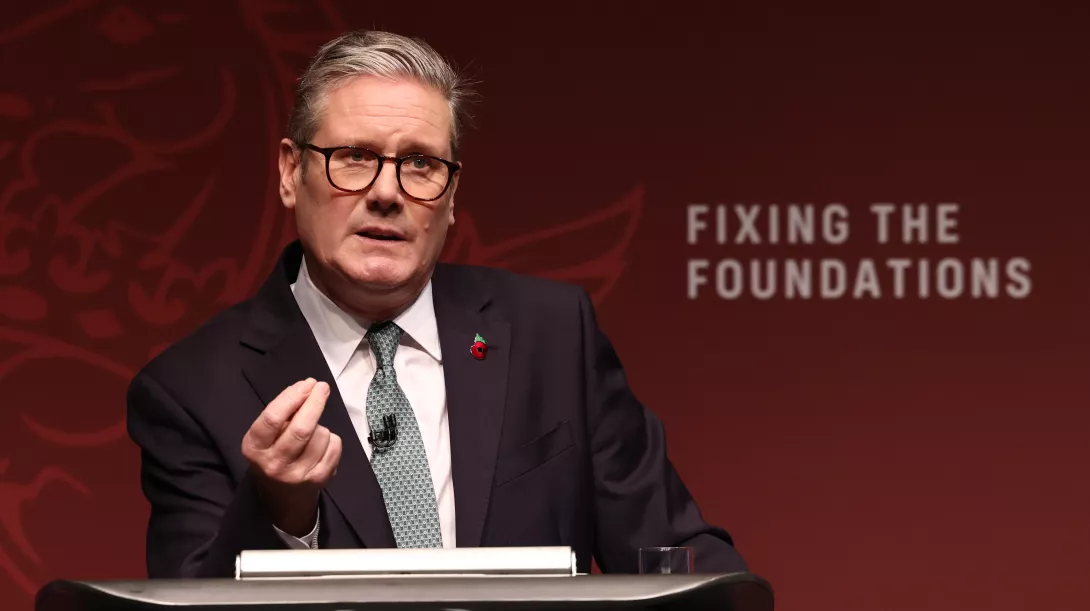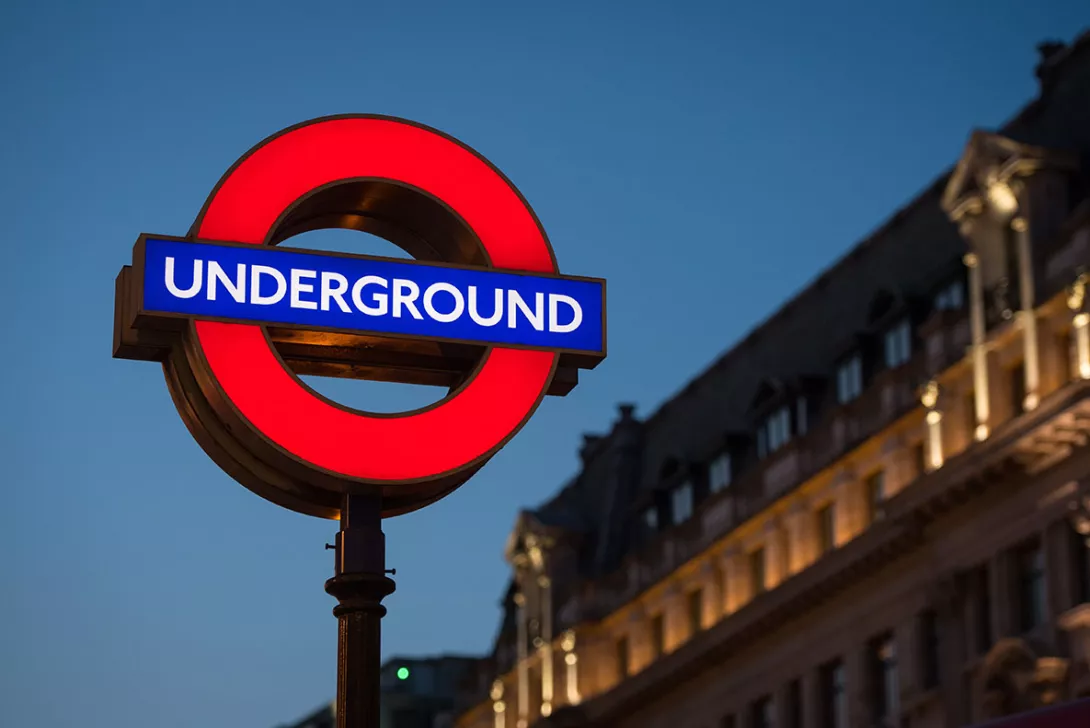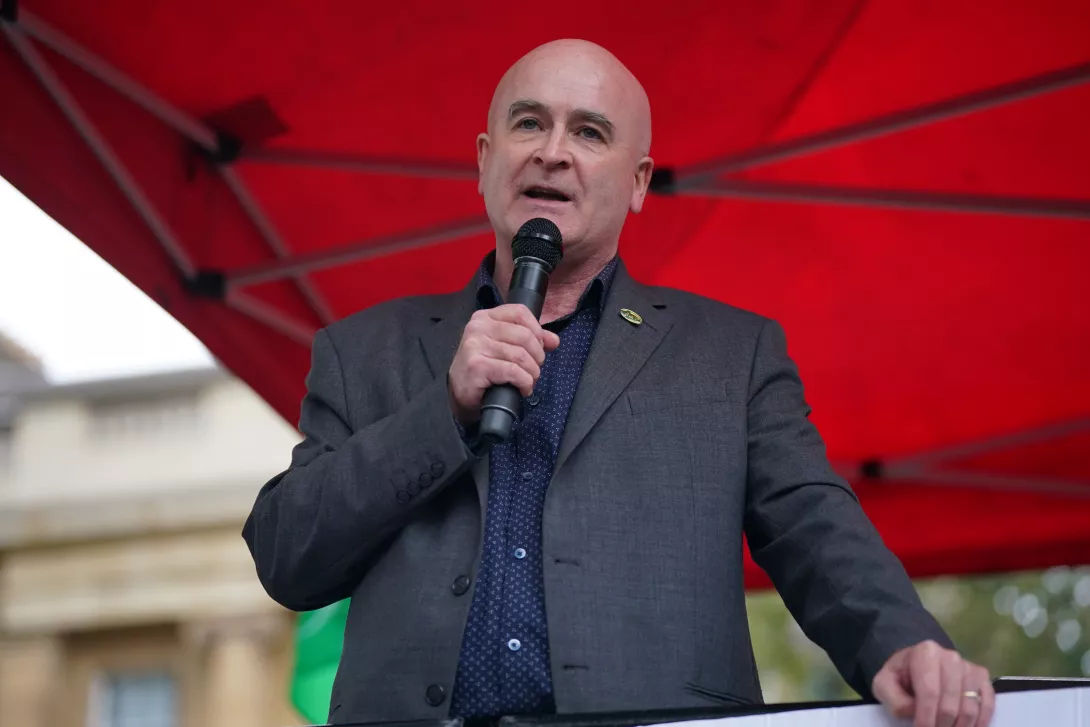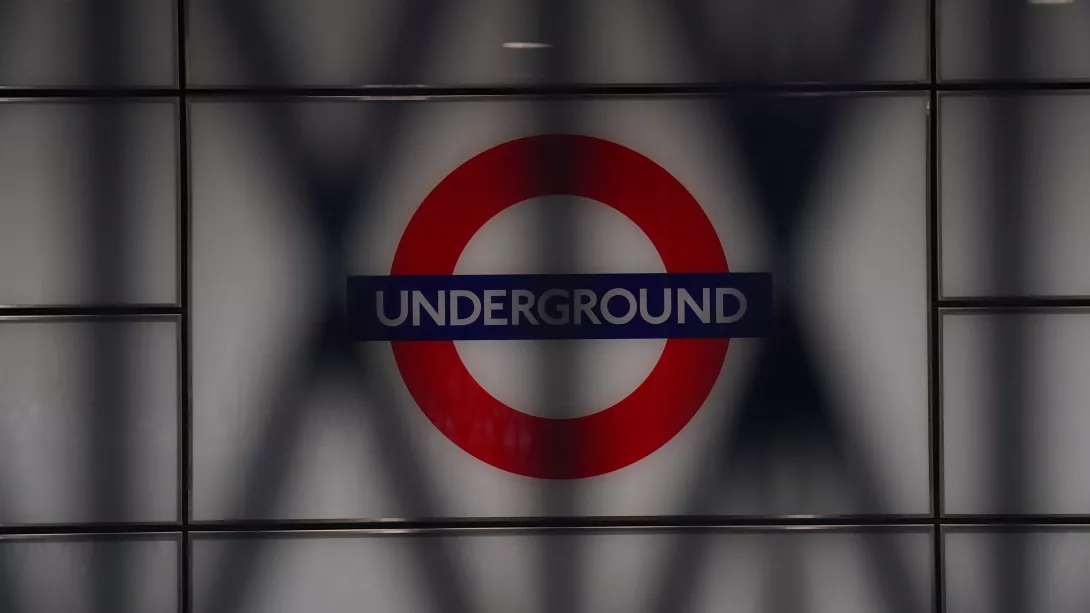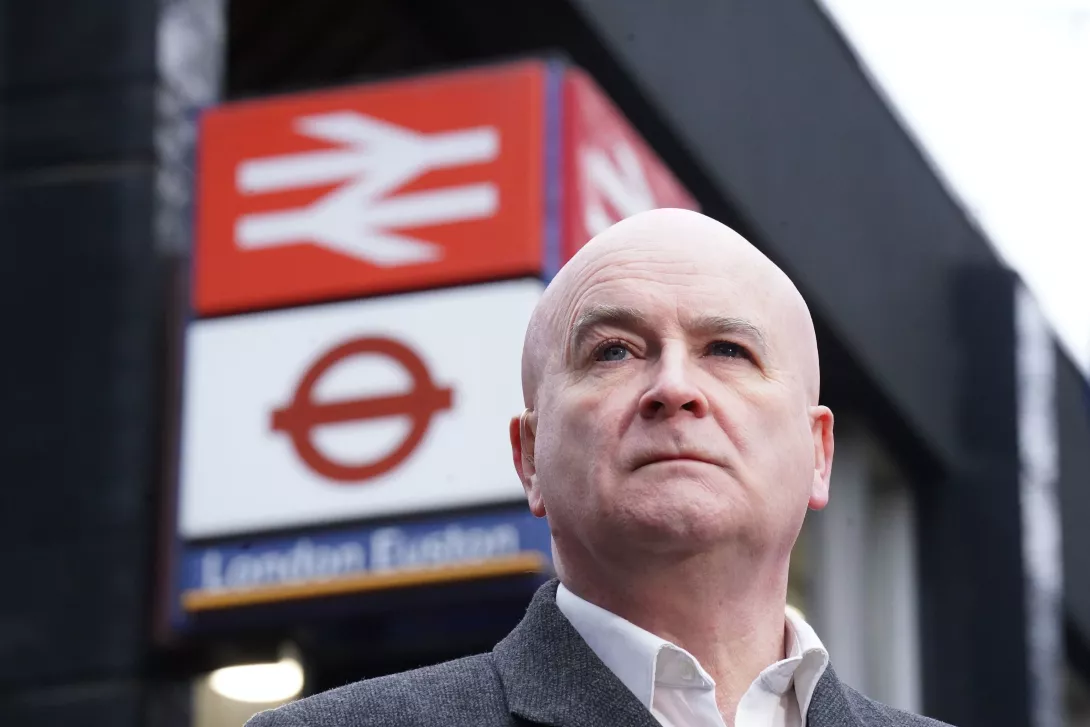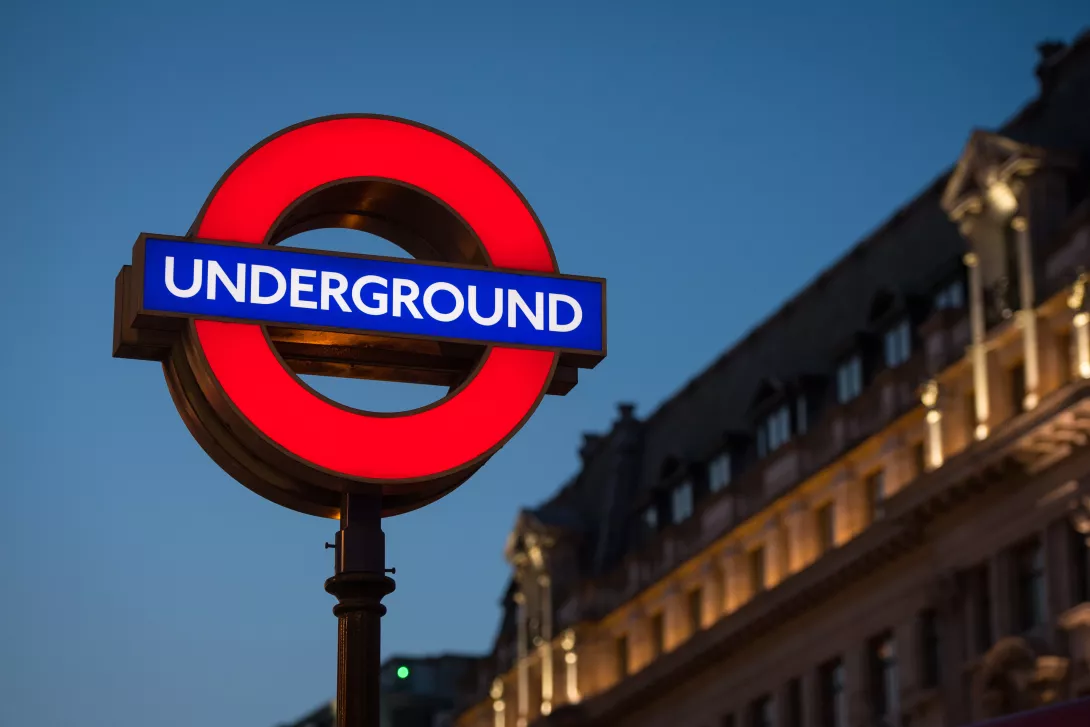
THE suspension of the strikes scheduled for this week on the London Underground has of course been widely welcomed.
It followed London Mayor Sadiq Khan making more money available to reach a settlement with the RMT union, which had been preparing to take action against a real pay cut offer of a 5 per cent increase in wages by London Underground bosses.
RMT general secretary Mick Lynch said that the union now looked forward to “negotiations with Transport for London in order to develop a suitable agreement and resolution to the dispute.”
However, this news was not cheered by everyone. The Tory Telegraph newspaper, in particular, seemed chagrined that the strike had not gone ahead.
It has run news pieces and opinion articles slamming Khan for selling out to the unions and making dire warnings that this proved that Labour was in the pocket of — well, labour.
If only. In fact, Keir Starmer has been conspicuous in his lack of support for support for workers taking action to protect their living standards over the last 18 months.
At one level, the Telegraph may simply be cross that it has been denied the opportunity to run a week of union-bashing copy attempting to pit commuters against workers.
That is not a trick that has worked particularly well over the recent strike wave, but dogs, vomit and so on.
There is a deeper anxiety at work among Tories angry at the moves towards a settlement of the dispute.
It is this: industrial action works. That is a message that comes out loud and clear from the recent strike wave.
Nearly all workers who have taken action have secured improved offers from their employers. Not always all their original demands but far more than would have resulted from acquiescence in the original offers from the bosses.
That is true both in the high-profile public sector disputes and in the myriad strikes across the private sector over the same period.
The action has shown that those who counted unions out of Britain’s industrial life following more than 40 years of legal attacks and declining membership spoke too soon.
The truth is that capitalism forces workers to organise, and the drive to maximise profits at the expense of labour will always generate struggle.
That is why Tory governments continually move the goalposts to make it harder to legally conduct industrial action. The imposition of “minimum service levels” in a range of services, including transport, is just the latest example.
Starmer must, at least, be held to his promises that a Labour government will immediately repeal this legislation. Labour should, of course, go further and scrap all the anti-union laws that have been used to depress workers’ living standards from Thatcher onwards.
But trade unions cannot wait for Labour to do the right thing. Workers need a pay rise in the here and now. The threat of strike action, and the reality of it if needs be, is essential to securing such rises.
The bosses care nothing for the inconvenience travellers would have suffered if RMT had been forced to take action as long as the union can be seen to be defeated.
Organised labour remains a standing threat to the power and privileges of the propertied. The employing class will sacrifice profit to retain property and will even in extremis surrender property as the price of holding onto power.
That is why the ultimate issue is not wages, vital as they are. It is, as the Telegraph helpfully reminds us, class power. Here, too, strong unions are critical, but organised socialist politics are decisive. Both need building in 2024.









